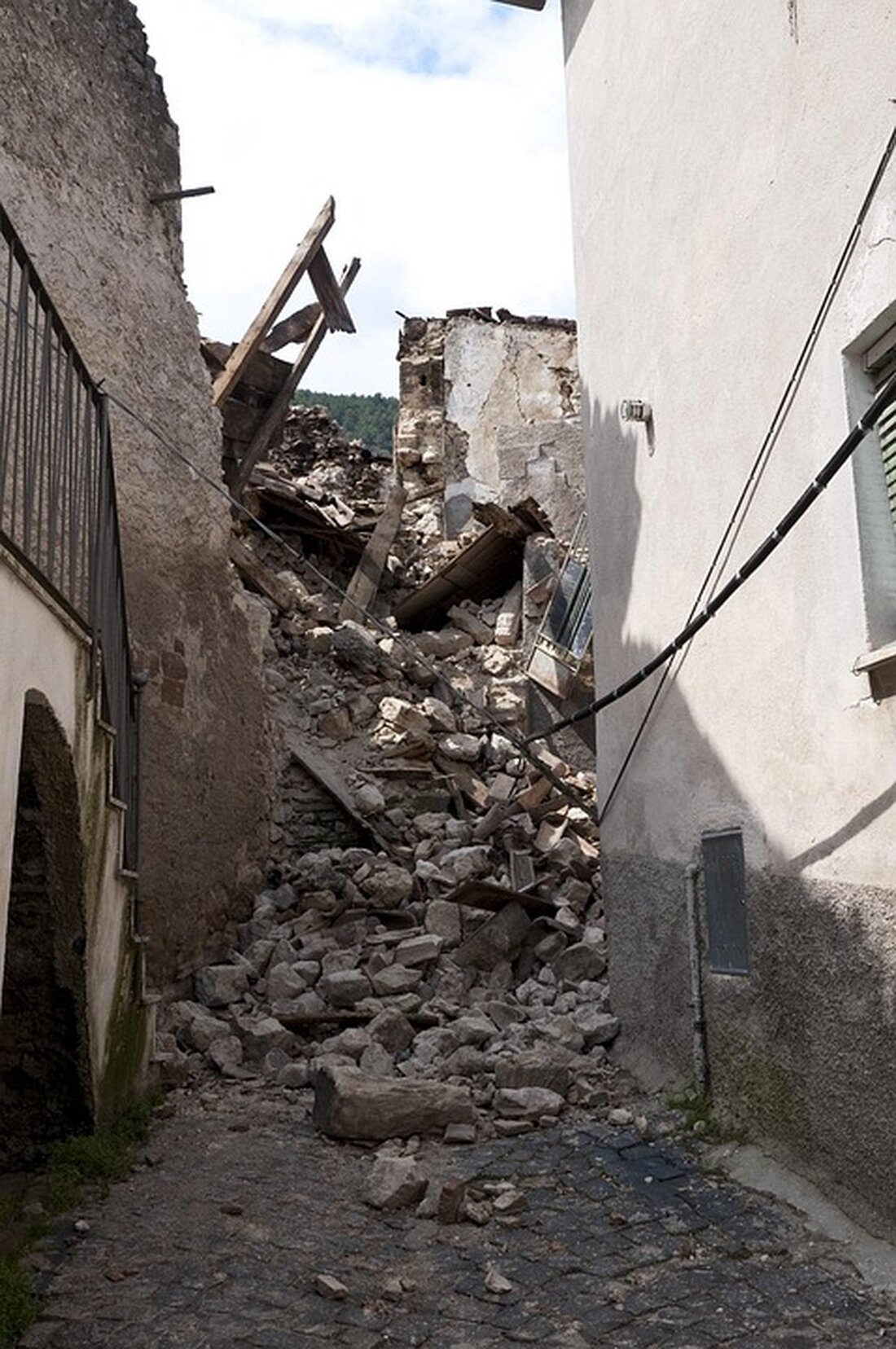Earthquake in Greece: Is there a threat of a tsunami for holidaymakers?
Earthquake in Greece: Travel warning for holiday destinations in Crete and Cyprus. Important safety instructions and current information.

Earthquake in Greece: Is there a threat of a tsunami for holidaymakers?
A strong 6.1 magnitude earthquake struck the region north of the Greek island of Crete on Thursday morning. These tremors were felt even more than 700 kilometers away in Cyprus. The fear of a possible tsunami that could hit the coasts of the respective islands is fueling holidaymakers' worries. As is well known, Greece is located in one of the most active earthquake zones in Europe, where the African and Eurasian plates meet.
Since the end of January, thousands of small tremors have been recorded around Santorini and the surrounding islands. The strongest earthquake to date during this time also had a magnitude of 6.1 and took place just a few kilometers away. According to the earthquake scale, strong earthquakes can cause destruction within a radius of up to 70 kilometers. Dr. Marco Pilz from the Georesearch Center Potsdam explains that an increased risk is observed in the Mediterranean region, especially in the areas classified as “deep red”, where the probability of a strong earthquake in the next 50 years is one in ten.
Travel recommendations and safety information
The Foreign Office has not yet issued any official travel advice. However, travelers should pay close attention to the current information from the Greek authorities, especially on the islands of Crete, Kasos and Karpathos. Vacationers who voluntarily cancel their vacation must face the risk of not receiving any compensation. It is recommended to subscribe to a newsletter or the “Safe Travel” app and to register in the crisis preparedness list in order to be well informed in the event of an emergency.
Furthermore, important behavioral instructions must be observed. There is a high number of pickpockets, especially between April and November in larger cities such as Athens, Thessaloniki and Piraeus. Motorists should be aware that traffic disruptions are possible due to strikes and strict fines apply for traffic offences. Drivers are advised to be careful, especially when driving quad vehicles, and to respect the alcohol limit of 0.5.
Health and travel information
Health aspects should also be taken into account. No mandatory vaccinations are required for entry, but travel vaccinations against hepatitis A are recommended. Vulnerable groups in particular should exercise caution during heat waves with temperatures above 40 degrees Celsius. Medical care on the Greek mainland is good, while on the islands it can often be poor. Holidaymakers should therefore rely on the European health insurance card.
The use of euros as a means of payment as well as the widespread acceptance of credit cards and ATMs are beneficial for travelers. Travelers should inform themselves about the entry requirements for goods and plants, as possession of drugs is severely punished in Greece. The import of pets also requires an EU pet passport.
Overall, travelers are urged to prepare well for their stay in Greece and to keep an eye on the security situation, especially given the current threat of earthquakes and volcanoes. The official site of the Foreign Office and PICTURE provide detailed information and current updates.

 Suche
Suche
 Mein Konto
Mein Konto